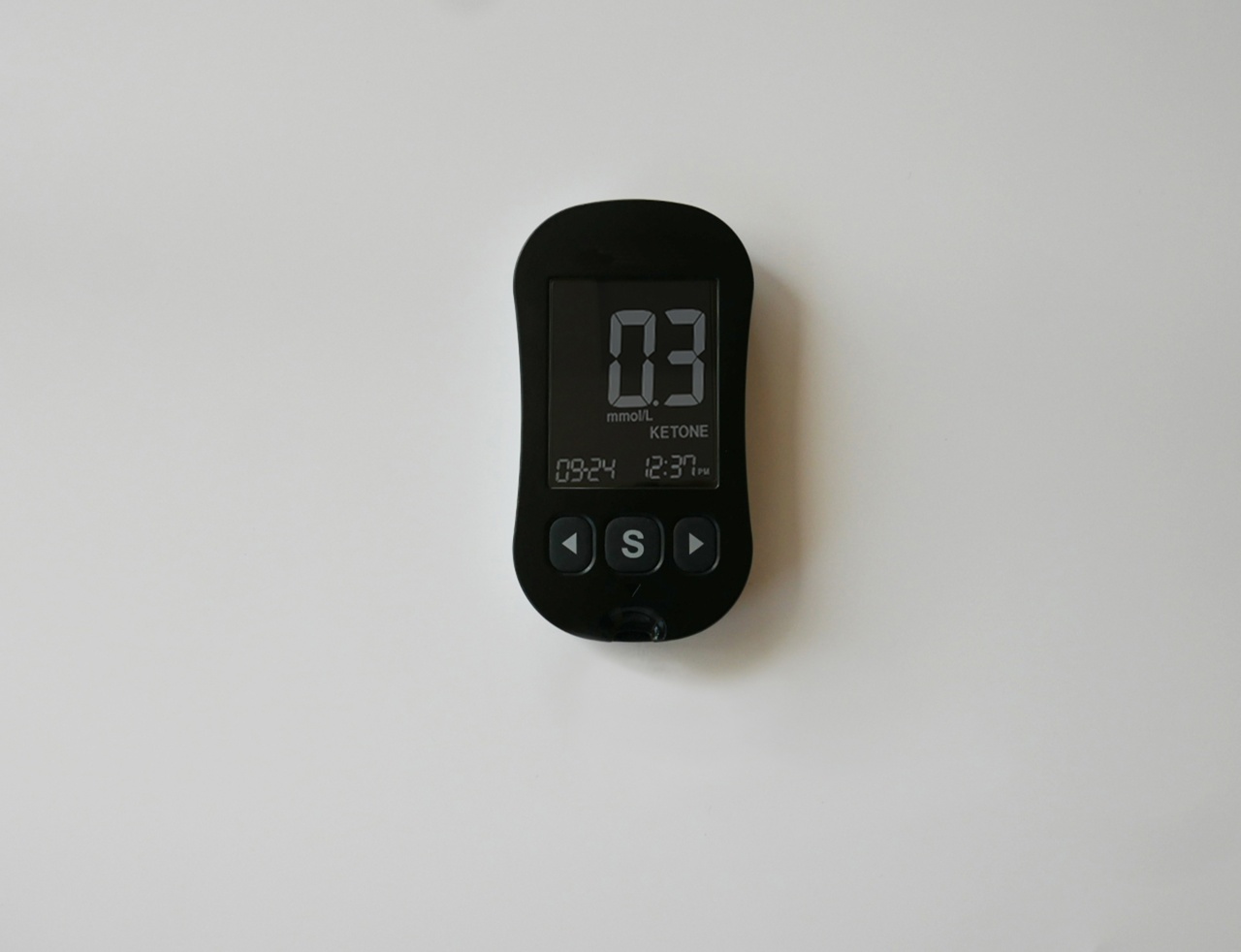Gestational diabetes is a type of diabetes that is developed during pregnancy. It is characterized by high blood sugar levels and affects approximately 9.2% of all pregnancies.
While the exact cause of gestational diabetes is unknown, there are various factors that can contribute to its development. One of these factors is temperature and seasonal changes.
How Temperature Affects Gestational Diabetes
Extreme temperatures, whether it is hot or cold, can affect blood sugar levels in individuals with gestational diabetes. In hot weather, the body can become dehydrated, which can lead to an increase in blood sugar levels.
Additionally, high temperatures can cause stress, which can also lead to an increase in blood sugar levels.
Cold weather, on the other hand, can cause individuals to become less active. This, coupled with the fact that the body needs to work harder to stay warm, can lead to a decrease in insulin sensitivity and an increase in blood sugar levels.
How Seasons Affect Gestational Diabetes
The changing of seasons can also have an impact on blood sugar levels in individuals with gestational diabetes.
During the winter months, colder temperatures and shorter days can lead to less outdoor activity, which can negatively affect blood sugar levels. In contrast, during the summer months, longer days and warmer weather can encourage more outdoor activity, which can have a positive impact on blood sugar levels.
Addtionally, during the holiday season, there tends to be an increase in the consumption of high-carbohydrate and high-sugar foods. This can lead to an increase in blood sugar levels in individuals with gestational diabetes.
Preventing Temperature and Seasonal Changes From Affecting Gestational Diabetes
While temperature and seasonal changes can have an impact on blood sugar levels in individuals with gestational diabetes, there are steps that can be taken in order to prevent these changes from negatively affecting blood sugar levels.
When it comes to extreme temperatures, individuals with gestational diabetes should take care to stay hydrated and to avoid becoming overheated or stressed.
In cold weather, individuals should make a conscious effort to stay active, even if this means going to an indoor facility for exercise.
During seasonal changes, individuals with gestational diabetes should focus on maintaining a healthy diet and exercise routine. They should also be cognizant of their blood sugar levels and monitor them closely, especially during the holiday season.
With proper care and management, temperature and seasonal changes can be managed effectively in individuals with gestational diabetes.
Conclusion
Temperature and seasonal changes can have an impact on blood sugar levels in individuals with gestational diabetes. Monitoring blood sugar levels and taking proper precautions can help to prevent negative impacts from these changes.
By maintaining a healthy lifestyle and tracking blood sugar levels, individuals with gestational diabetes can successfully navigate temperature and seasonal changes.































